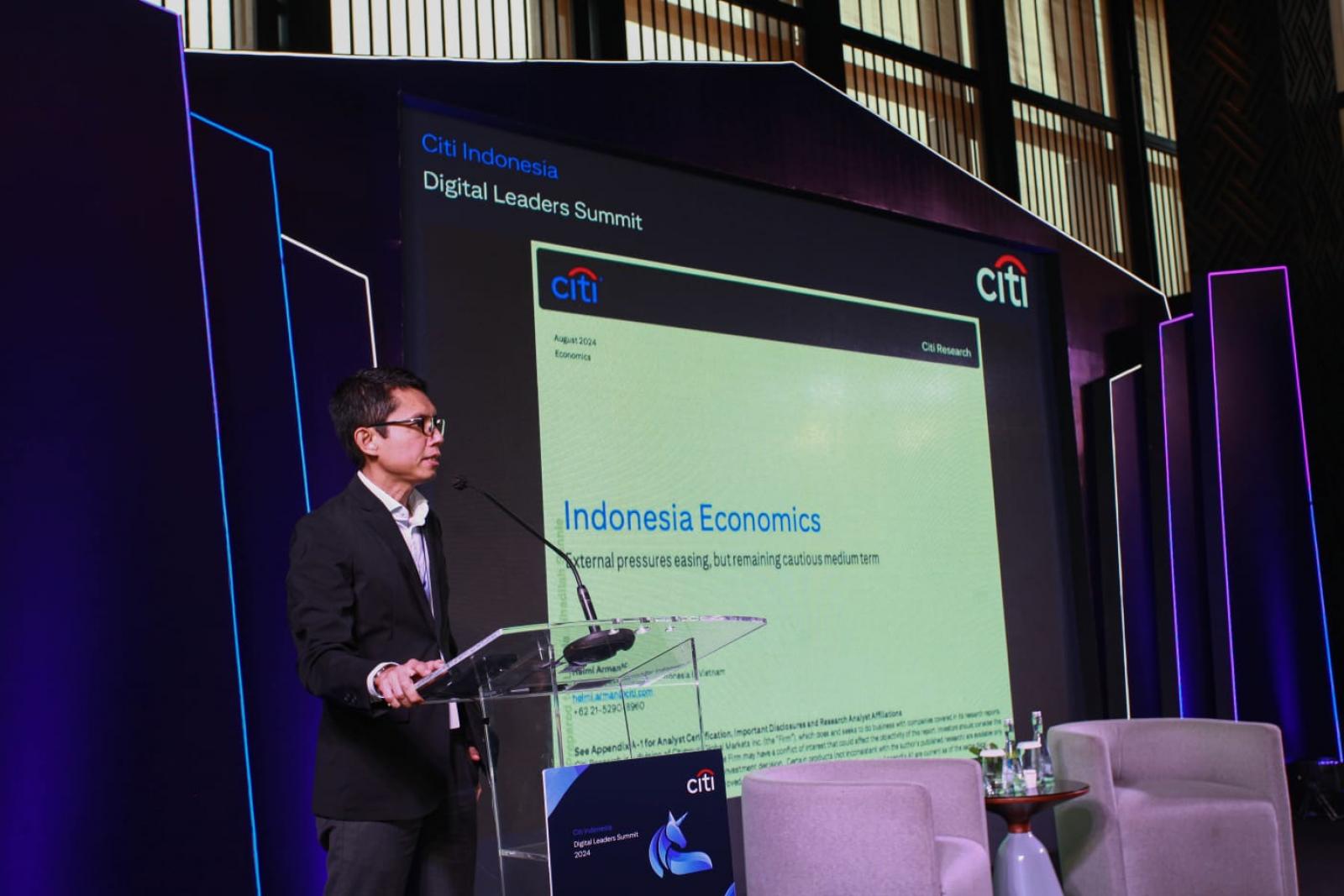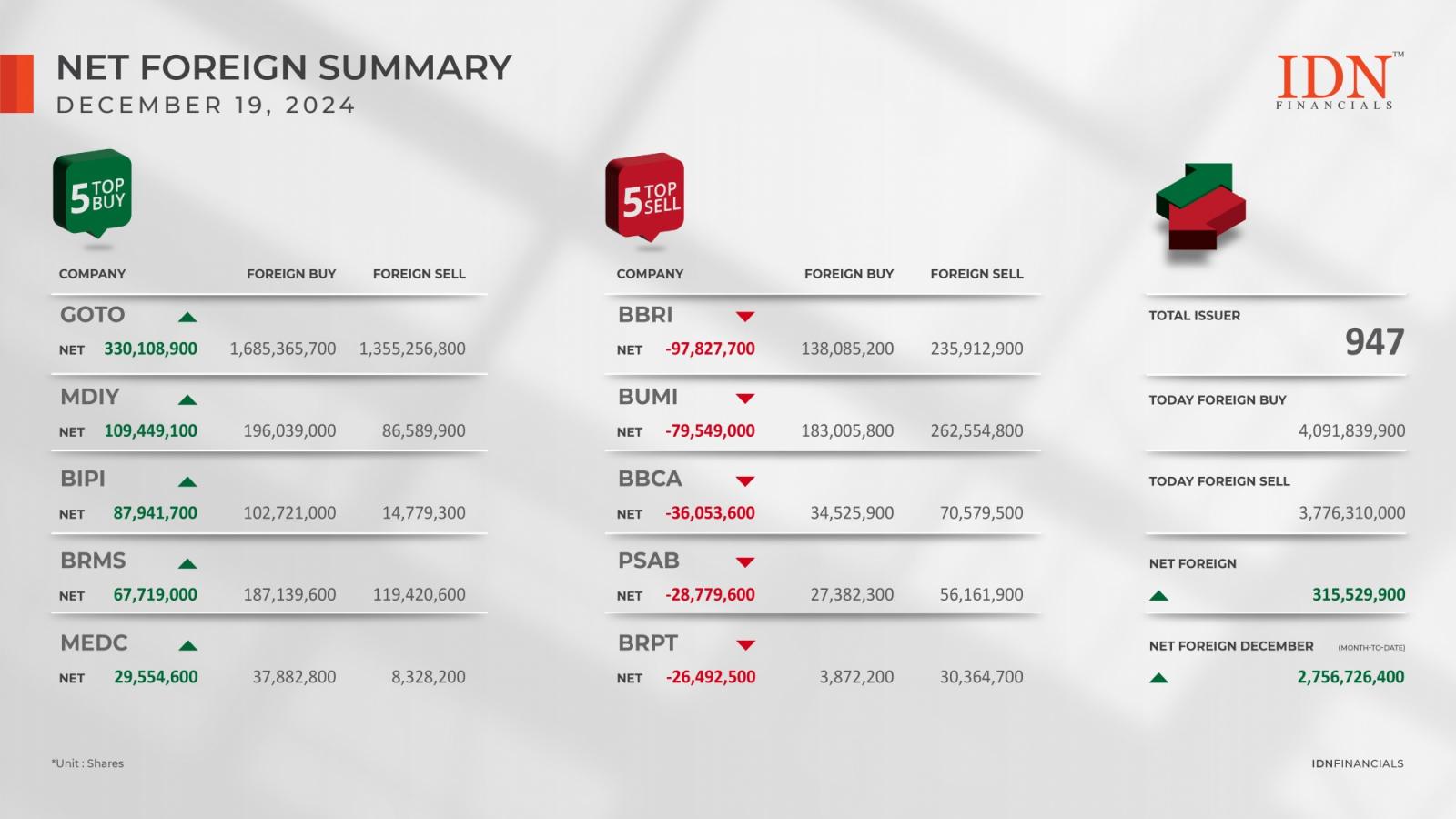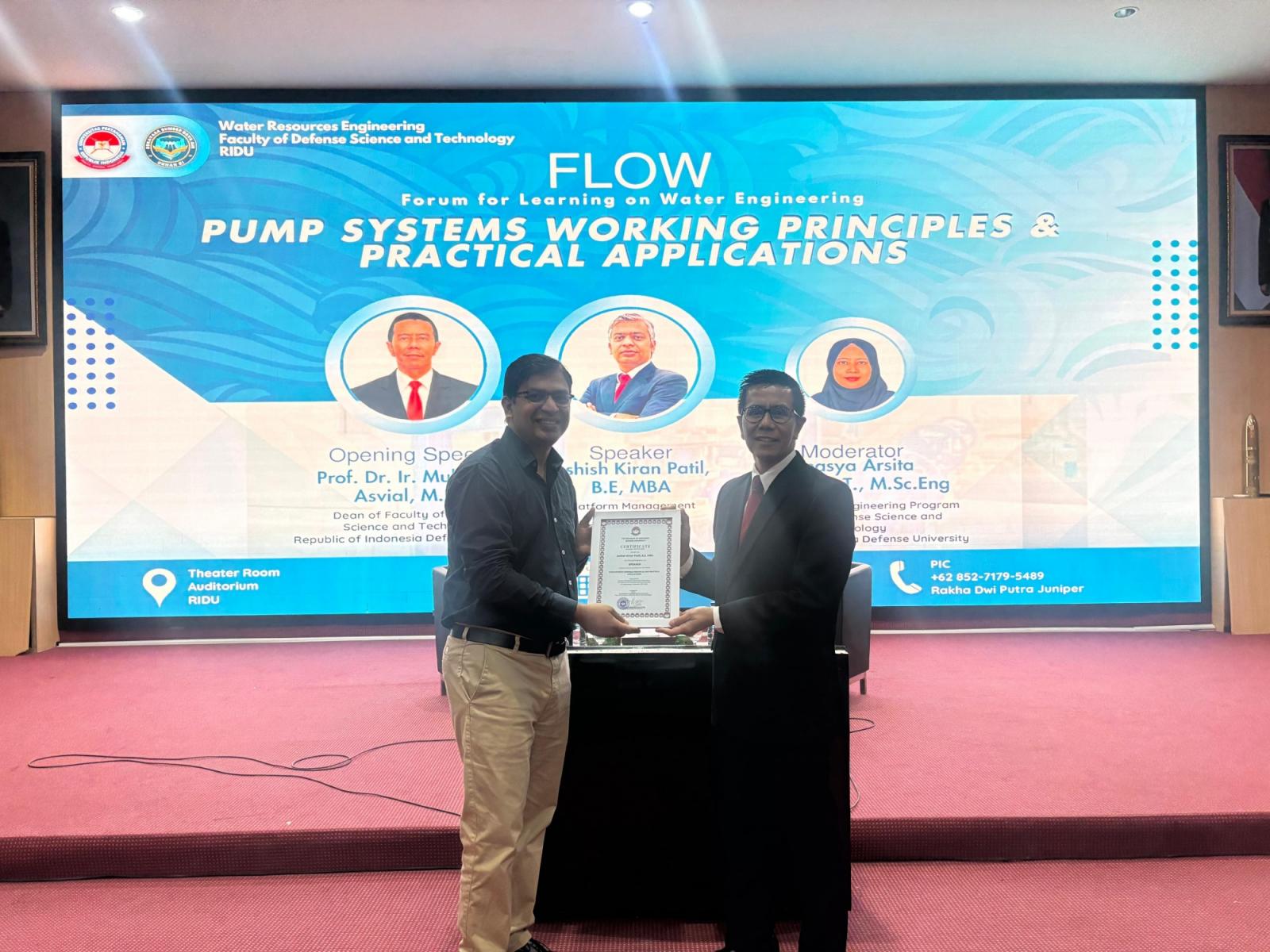
JAKARTA – Amidst the streak of domestic consumption decline, Helmi Arman, Chief Economist of Citi Indonesia, believes that one of the keys to correct the issue lies on balanced growth of economic sector, giving more emphasis on labour-intensive sector, such as services sector.
According to IDNFinancials record, domestic consumption growth has indeed slowed down in Q2 2024 to 4.93% compared to 5.22% growth seen in Q2 2023, which, in fact also decreased from 5.52% in Q2 2022.
“The government always counts that Indonesia’s GDP growing steady at 5%. But what we need to pay attention to is that this 5% that Indonesia’s been sustaining comes with the structural change in the growth,” Arman explained in his Economic Outlook session during Citi Digital Leaders’ Summit 2024 last Wednesday (7/8).
The most prominent structural change is the growth engine itself, according to Arman, which has shifted from domestic consumption to basic metal exports, including nickel as the main character behind EV battery industry.
“The problem is, the big investments and exports into nickel and EV battery is not spilling over much to the domestic consumption base,” Arman continued.
According to Citi Indonesia’s analysis, this imbalance leads to a k-shaped consumption, in which public companies that target high-income households will report revenue growth faster than GDP.
“But, once we look towards the company that targets low-income households, then the revenue, in average, goes slower than GDP,” claimed Arman.
Arman believed that this is an effect of current unemployment rate of the people. “Out of about 2-3 million that comes into labour force every year, only about 10% is absorbed into what we called formal jobs, meaning salary and permanent employment,” he said.
The remaining 90% of said potential labour force must suffice with informal jobs, which means salary as low as around half of what formal jobs could offer.
“Another thing that we need to see to address this k-shaped consumption is the emphasis on growth of services sector,” Arman reiterated during his presentation.
According to Arman’s analysis, growth of services sector must be highlighted, as this is an economic sector that could be deemed more labour-intensive than manufacturing sector.
As labourers gain more secure place in the industry, and thus more purchasing power, soon, the domestic consumption will improve and further drive the GDP in a healthier fashion.
“What we need to see for this k-shaped consumption to reverse is that we need to see reforms in the economy,” he said.
This expansive and fundamental shift in economy may be initiated from boosting investment growth rate to high single-digit, or even, double digit, rather than the current 4-5%. Furthermore, he believes that there is a need for an expansion of government’s fiscal policy.
“The good thing is, this seems to be forthcoming, because the Elected President Prabowo will likely run bigger fiscal deficit for increasing the fiscal spending by more than what we’re used to seeing,” Arman said.
Last month, in July, there have, indeed, been rumours about Prabowo’s plan to increase Indonesia’s debt ratio to 50% of GDP, following other ASEAN countries’ record of over 50%, including Malaysia, Singapore, and Thailand. (ZH)





